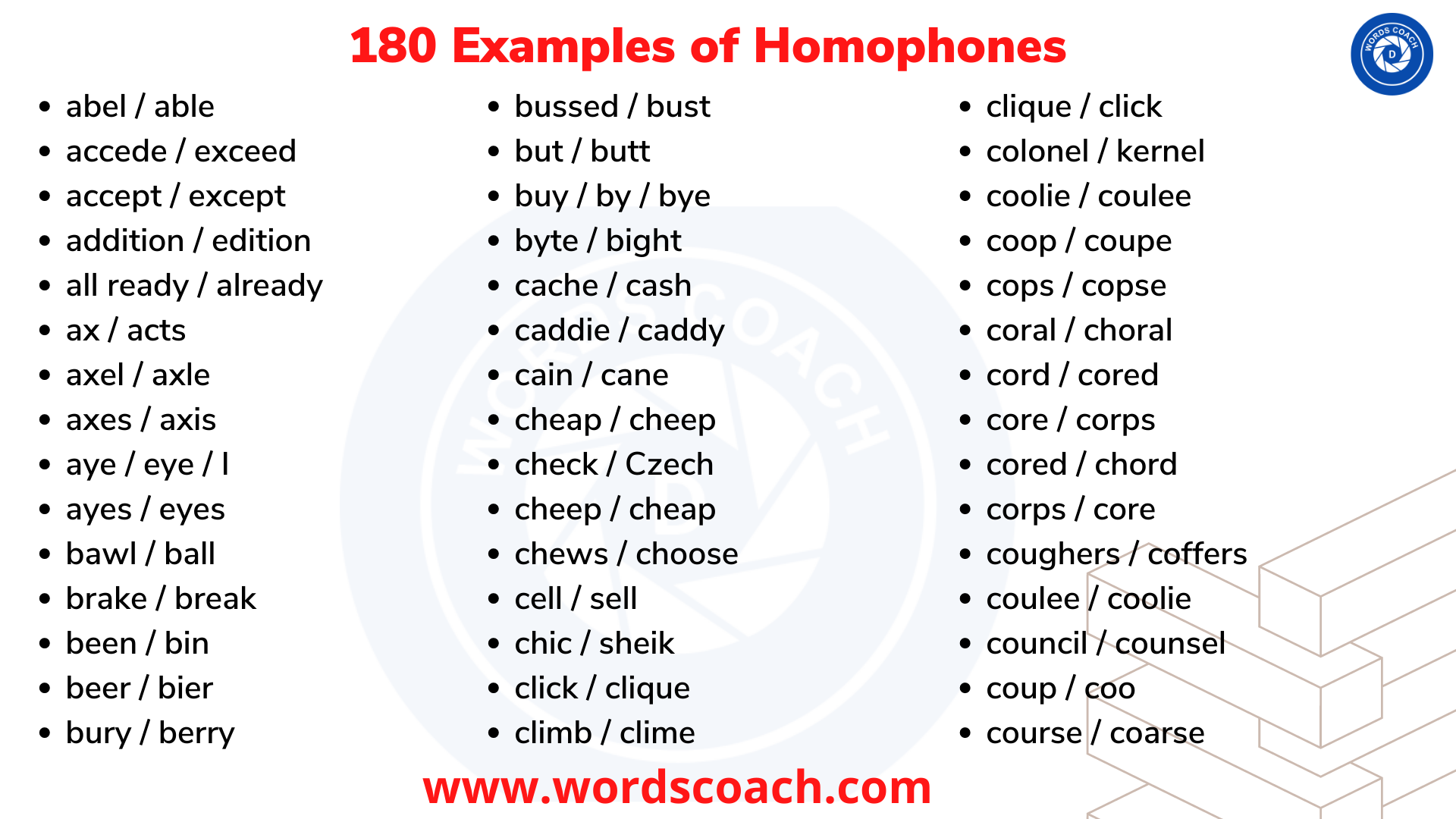Time, Day, and Month vocabulary list with definitions
Understanding and using the correct vocabulary for time, days, and months is crucial for effective communication in both everyday conversations and professional settings. Here is a comprehensive list of vocabulary words related to time, days, and months, along with their definitions.
Time, Day and Month:
Time: The indefinite continued progress of existence and events in the past, present, and future regarded as a whole.
Day: Each of the twenty-four-hour periods, reckoned from one midnight to the next, into which a week, month, or year is divided, and corresponding to a rotation of the earth on its axis.
Month: Each of the twelve named periods into which a year is divided.
List of Time, Day, and Month vocabulary
- Afternoon
- Age
- April
- August
- Century
- Date
- Dawn
- Day
- Daybreak
- December
- Dusk
- Evening
- Every Day
- February
- Fortnight
- Friday
- Golden Age
- Hour
- Instant
- January
- July
- June
- March
- May
- Midday
- Moment
- Monday
- Month
- Months
- Morning
- Morrow
- Night
- Noon
- November
- October
- Proximo
- Saturday
- Second
- September
- Sunday
- Sunrise
- Sunset
- Thursday
- Time
- Today
- Tomorrow
- Tuesday
- Ultimo
- Wednesday
- Week
- Year
- Yesterday
Time, Day, and Month vocabulary with definitions
Time Vocabulary
- Second: The basic unit of time, equal to 1/60th of a minute.
- Minute: A unit of time equal to 60 seconds.
- Hour: A unit of time equal to 60 minutes.
- Day: A period of 24 hours, typically measured from midnight to midnight.
- Week: A period of seven days.
- Fortnight: A period of two weeks.
- Month: A period of roughly 30 days or four weeks.
- Year: A period of 365 days (or 366 in a leap year).
- Decade: A period of ten years.
- Century: A period of one hundred years.
- Millennium: A period of one thousand years.
- Era: A long and distinct period of history.
- Epoch: A significant period in history or a person’s life.
- Instant: A very short period of time; a moment.
- Dawn: The first appearance of light in the sky before sunrise.
- Dusk: The darker stage of twilight in the evening.
- Noon: 12 o’clock in the day; midday.
- Midnight: 12 o’clock at night.
- Quarter: A period of three months in a calendar year.
- Semester: A half-year term in a school or university, typically lasting 15-18 weeks.
Day Vocabulary
- Monday: The first day of the week.
- Tuesday: The second day of the week.
- Wednesday: The third day of the week.
- Thursday: The fourth day of the week.
- Friday: The fifth day of the week.
- Saturday: The sixth day of the week.
- Sunday: The seventh day of the week.
- Weekday: Any day of the week except Saturday and Sunday.
- Weekend: The period from Friday evening through Sunday night.
- Holiday: A special day of celebration or remembrance.
- Leap Day: February 29th, which occurs every four years in a leap year.
- Workday: A day on which one typically works; not a weekend or holiday.
- Business Day: A day on which business is conducted, usually Monday through Friday.
Month Vocabulary
- January: The first month of the year.
- February: The second month of the year, notable for having 28 or 29 days.
- March: The third month of the year.
- April: The fourth month of the year.
- May: The fifth month of the year.
- June: The sixth month of the year.
- July: The seventh month of the year.
- August: The eighth month of the year.
- September: The ninth month of the year.
- October: The tenth month of the year.
- November: The eleventh month of the year.
- December: The twelfth and final month of the year.
- Quarter: Refers to a three-month period; Q1 (January-March), Q2 (April-June), Q3 (July-September), Q4 (October-December).
- Bimonthly: Occurring every two months or twice a month.
- Biannual: Occurring twice a year.
Using Time, Day, and Month Vocabulary
- Time: “The meeting is scheduled for 3 PM.”
- Day: “We have a long weekend coming up, starting from Friday.”
- Month: “Our quarterly report is due in June.”









